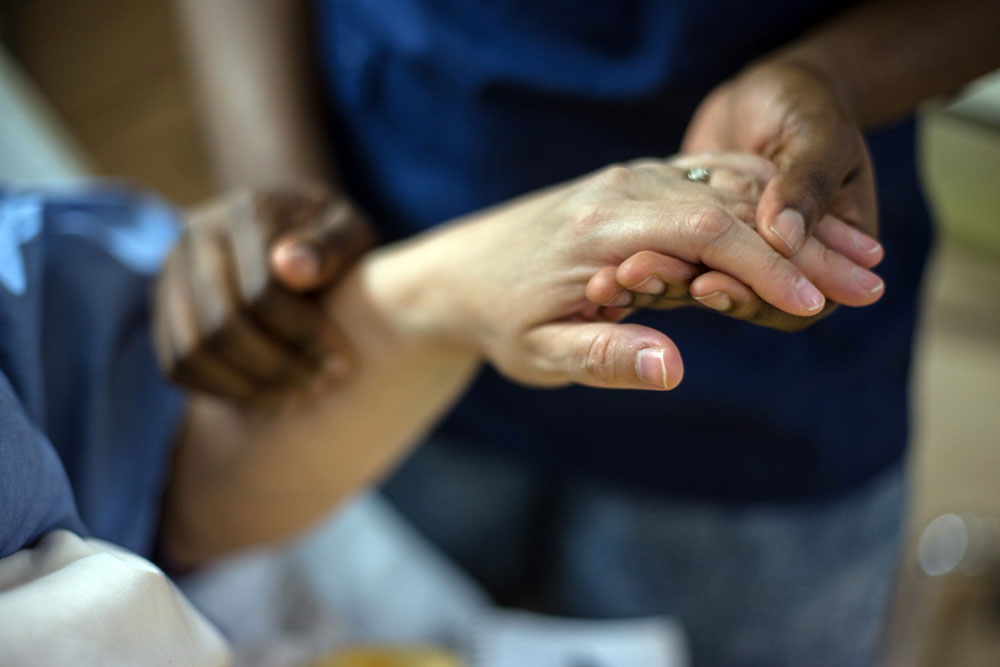
Scientific American: Better patient care calls for a ‘Platinum Rule’ to replace the golden one
As published in Scientific American:
For much of human history and across multiple cultures, ethical behavior has been guided by the Golden Rule: do unto others as you would have them do unto you. When we act with empathy and compassion, we draw on this cherished principle. But the rule is imperfect. People vary greatly in their values, lived experiences and sense of what is acceptable. What you would want in a given situation may not be what another person desires at all.
In the arena of medicine, the stakes for making or influencing choices for others can be especially high. Such choices impact people’s quality of life and even their chances of survival. As health care becomes less paternalistic and more individualized, the time seems right for a new ethical guideline. Enter the “platinum rule,” proposed by Harvey Max Chochinov, a professor of psychiatry at Canada’s University of Manitoba: do unto others as they would want done unto themselves.
Chochinov, an expert on palliative care, eloquently describes this principle in his essay “Seeing Ellen and the Platinum Rule,” published last year in JAMA Neurology. He begins with a story about a health crisis affecting his late sister Ellen, who was severely disabled by cerebral palsy. The intensive care doctor managing her case, after seeing her twisted body and respiratory distress, was weighing whether to insert a breathing tube when he asked Chochinov a peculiar question: Did Ellen read magazines? “The subtext was chilling,” Chochinov writes, because “this was not an attempt to get to know Ellen … but rather a cryptic way of deciding if hers was a life worth saving.” Ellen, her brother knew, read widely and relished many simple pleasures of life, but the gulf between her life as a frail person who uses a wheelchair and the physician’s sense of what he would want in her situation was too vast to be bridged by the Golden Rule.
“When the lived experience of another, the sensibility and perspective of another, varies widely from your own perspective, that’s when using yourself as this infallible barometer of what another might need or want begins to break down,” Chochinov explained to me. “We have to acknowledge the ways in which our own personal biases can shape the way we perceive and respond to patients.”






